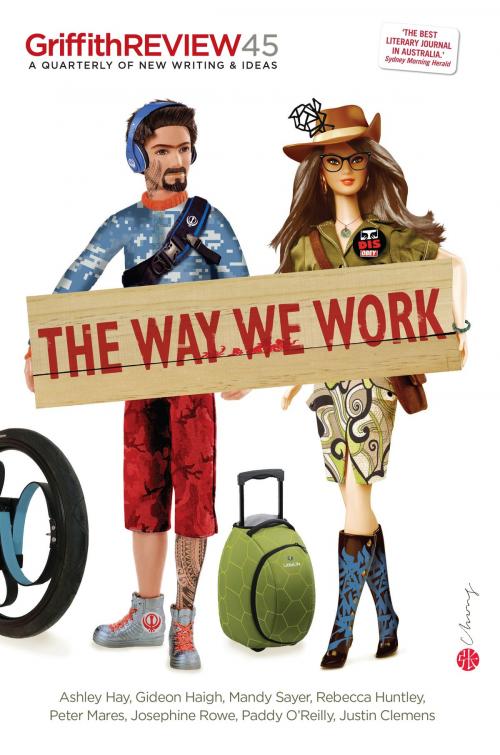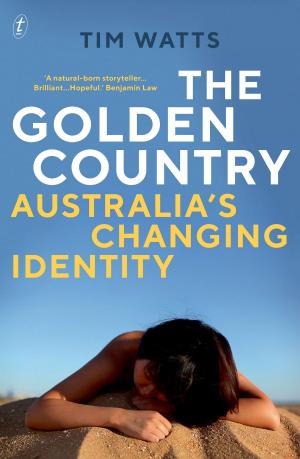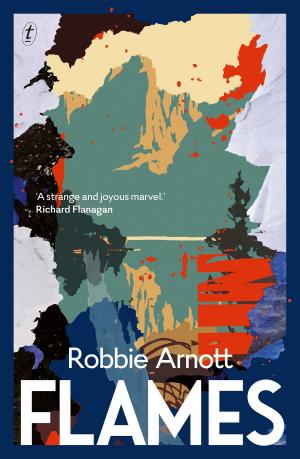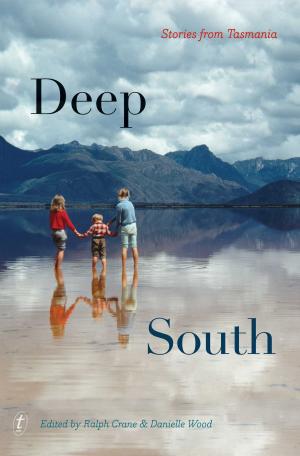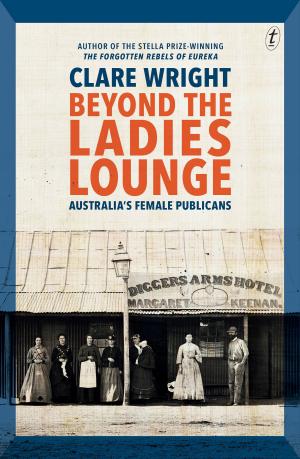Griffith REVIEW 45
The Way We Work
Fiction & Literature, Poetry, Literary Theory & Criticism, Nonfiction, Social & Cultural Studies, Social Science| Author: | ISBN: | 9781922212146 | |
| Publisher: | The Text Publishing Company | Publication: | July 23, 2014 |
| Imprint: | Text Publishing | Language: | English |
| Author: | |
| ISBN: | 9781922212146 |
| Publisher: | The Text Publishing Company |
| Publication: | July 23, 2014 |
| Imprint: | Text Publishing |
| Language: | English |
How does work shape our values, our citizens, cultures and communities? As our work changes, how will it change us? How does the blurring of work and leisure through ‘access anywhere’ technology affect our attitudes to work? How are older Australians going to find consistent and flexible work (as the government wants them to do) when age discrimination is rife? Will flexible work help decrease the gender gap? These are the questions posed in The Way We Work. The way we work has changed profoundly in recent years. Many welcome the flexibility of the new environment. For others, though, it represents a deepening of risk and insecurity. The proletariat is giving way to what has been called the precariat, a new class who lack the stability and certainty of regular work or predictable social welfare.
*Griffith REVIEW 45:**The Way We Work *explores the extraordinary structural changes in work caused by technology, globalisation, economic theory, the collapse of the unions and an ageing population.
Julianne Schultz AM FAHA is the founding editor of Griffith REVIEW, Australia's most awarded and extracted quarterly, produced by Griffith University and Text Publishing. She is a professor in the Griffith Centre for Cultural Research, a member of the boards of the ABC and the Grattan Institute, and chair of the Australian Film Television and Radio School. Julianne is an acclaimed author, and in 2009 became a Member of the Order of Australia for services to journalism and the community.
'The best literary journal in Australia.' Sydney Morning Herald
'As engaging as it is prescient.' Weekend Australian
'Fresh and intelligent.' Australian Book Review
How does work shape our values, our citizens, cultures and communities? As our work changes, how will it change us? How does the blurring of work and leisure through ‘access anywhere’ technology affect our attitudes to work? How are older Australians going to find consistent and flexible work (as the government wants them to do) when age discrimination is rife? Will flexible work help decrease the gender gap? These are the questions posed in The Way We Work. The way we work has changed profoundly in recent years. Many welcome the flexibility of the new environment. For others, though, it represents a deepening of risk and insecurity. The proletariat is giving way to what has been called the precariat, a new class who lack the stability and certainty of regular work or predictable social welfare.
*Griffith REVIEW 45:**The Way We Work *explores the extraordinary structural changes in work caused by technology, globalisation, economic theory, the collapse of the unions and an ageing population.
Julianne Schultz AM FAHA is the founding editor of Griffith REVIEW, Australia's most awarded and extracted quarterly, produced by Griffith University and Text Publishing. She is a professor in the Griffith Centre for Cultural Research, a member of the boards of the ABC and the Grattan Institute, and chair of the Australian Film Television and Radio School. Julianne is an acclaimed author, and in 2009 became a Member of the Order of Australia for services to journalism and the community.
'The best literary journal in Australia.' Sydney Morning Herald
'As engaging as it is prescient.' Weekend Australian
'Fresh and intelligent.' Australian Book Review
